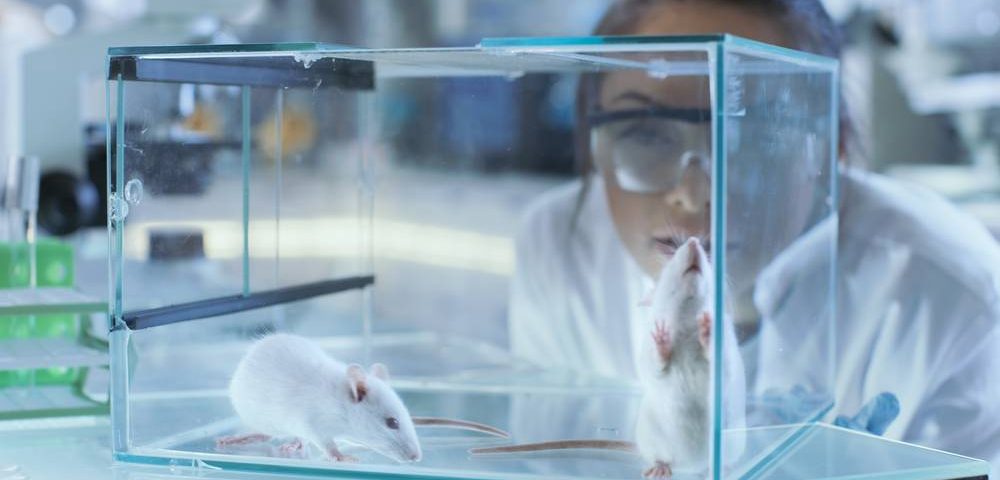Cisplatin, a commonly used cancer chemotherapy, showed promising therapeutic effects for endometriosis in a rat model of the condition.
Treatment with cisplatin was seen to shrink endometrial tissue implanted outside the uterus (the definition of endometriosis) and to lower the levels of proteins linked to the disease.
The study, “Effects of cisplatin on surgically induced endometriosis in a rat model,” was published in the journal Oncology Letters.
Several studies have strongly suggested that endometriosis may be a precursor to ovarian cancer.
Based on this, researchers conducted a study to address whether cisplatin — a first-line chemotherapy for ovarian cancer — could also exert a therapeutic effect in endometriosis.
Cisplatin is a drug that disrupts DNA structure, destroying quickly dividing cells, such as cancer cells. The drug is used for several cancer types besides ovarian cancer, including endometrial cancer.
Researchers tested the effect of cisplatin treatment in a rat model of surgically-induced endometriosis. To mimic endometriosis in this model, a piece of rat endometrial tissue, the one that lines the inner side of the uterus, was transplanted to the abdominal cavity and allowed to grow.
Following the surgery, a total of 36 rats were divided into three equally sized groups: a control group that received saline solution only (the control group), and two other groups which were treated with a low dose (35 mg/m2) and high dose (70 mg/m2) injections of cisplatin, respectively.
Rats were administered with abdominal injections of saline or cisplatin every four days for a total of 24 days.
At the end of treatment, the size of endometrial implants were significantly reduced in the two cisplatin-treated groups compared with the control group. While in control rats the endometrium implants grew to a mean of 47.08 square millimeters (mm2), in low- and high-dose treated rats they measured on average 18.67 and 6.50 mm2, respectively.
Microscopic observations of the implants confirmed these results, as did the measurements of several protein markers involved in cell proliferation and blood vessel growth, which have been linked with endometriosis.
After treatment, the markers VEGF, P450arom, TGF‑β, and MMP‑2 were significantly less present in the endometrial implants of the cisplatin-treated groups.
Also, the cisplatin effect was seen to be dose dependent, which strengthens its potential therapeutic activity. The shrinking of endometrial implants and downregulation of protein markers were stronger in animals treated with the high dose of the medication compared to those given the lower dose.
The study demonstrated the chemotherapy drug may be a promising therapeutic agent to treat endometriosis, causing a “significant regression of surgically induced endometriotic implants in model rats,” the researchers wrote.
“Further animal and clinical studies should be conducted to determine whether [cisplatin] may be used as an effective therapeutic option for the treatment of endometriosis,” they added.

